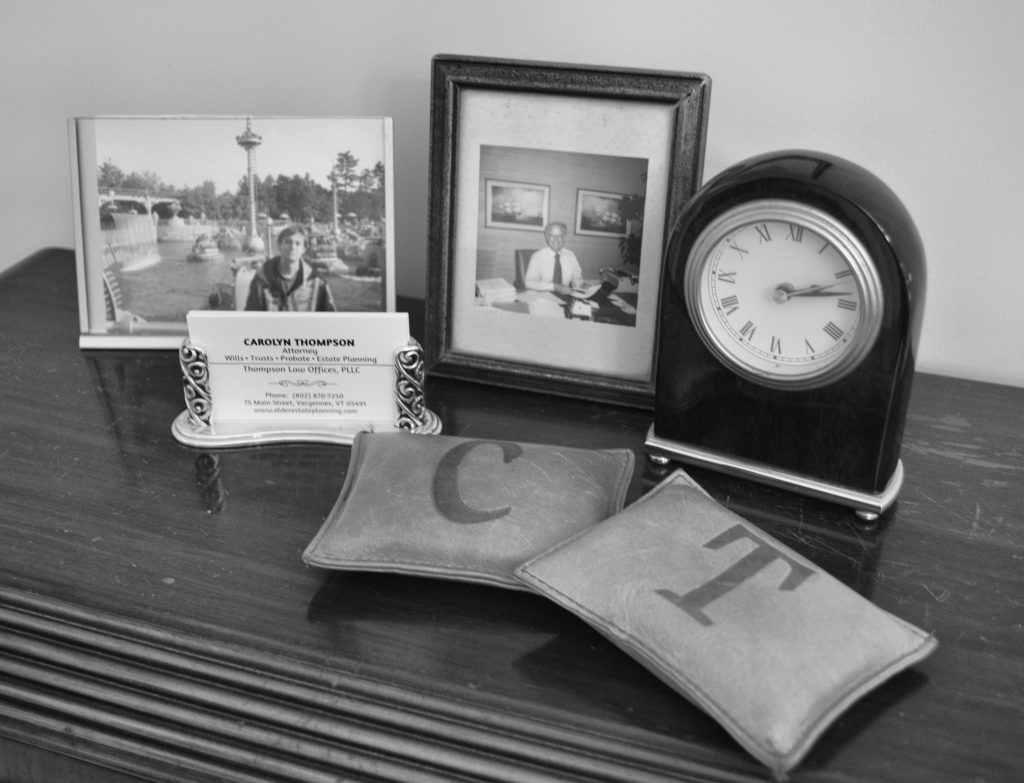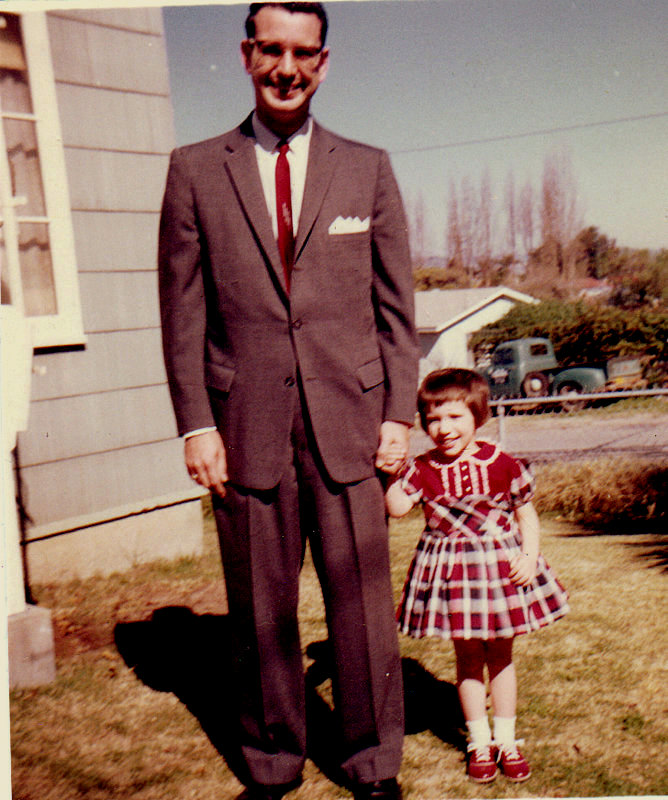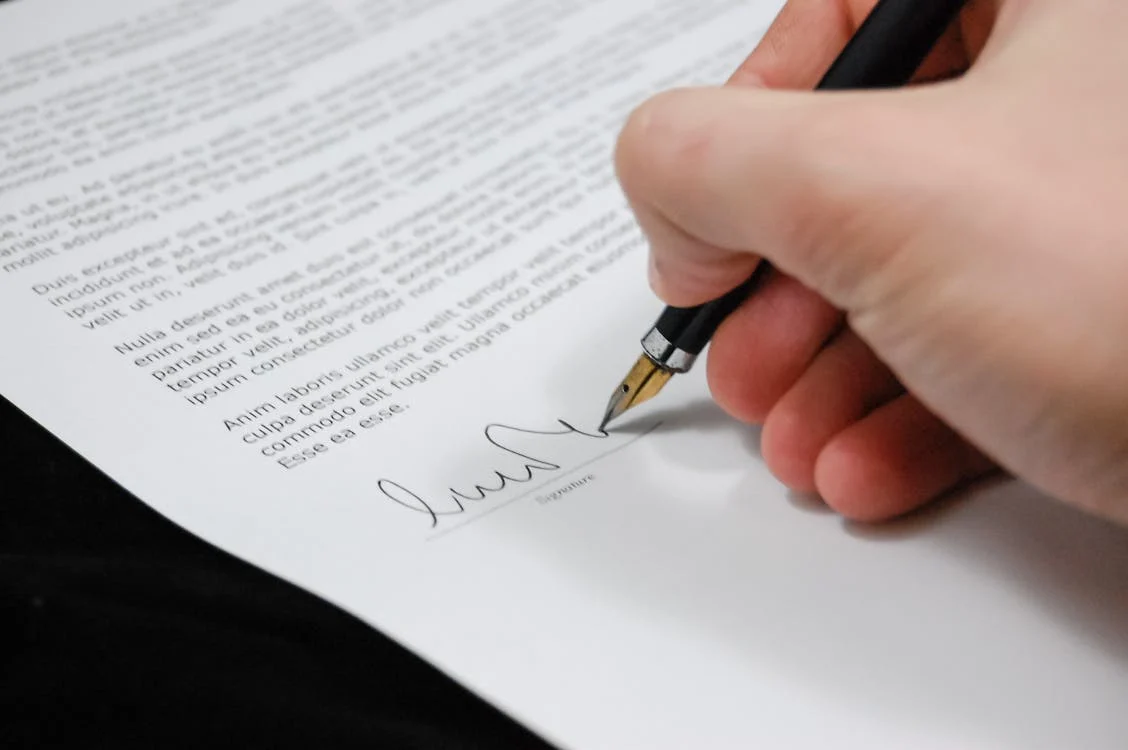Estate Planning


What is Estate Planning?
Everyone has an “estate.” An estate is everything you own and have a right to dispose of at your death. Estate planning is the process of deciding how you want your assets distributed upon your death (or disability) and creating the documents to accomplish the plan.
Most estate plans include a Will, or, a Will and a Revocable Living Trust.
Dying without an estate plan: If you die without an estate plan, someone must go to court and start a probate to collect, administer and distribute your assets. How your assets are distributed will be according to a default plan found in the Vermont statutes based upon the family members left behind at your death.
The default plan may not be what you have in mind, at all! You should talk to a lawyer like me to see if “dying without a Will” is what you want, or not.
Disability without an estate plan: A good estate plan should also include instructions to your loved ones on what to do with you and your assets upon your disability. If you are incapacitated by an accident or severe illness, for any length of time, who will take care of you and your finances?
Luckily, before that kind of emergency arises, you can name someone to manage your finances for you in a Durable Power of Attorney and someone to make health care decisions for you in an Advance Directive for Health Care.
If you are incapacitated and do NOT have a Power of Attorney and/or Advance Directive for Health Care in place, your loved ones will be forced to go to court and start a guardianship proceeding to appoint someone to manage your finances and make health care decisions for you. The guardianship process can be long, complicated and difficult for everyone concerned.
A good estate plan may only need to be done once in your entire lifetime depending upon your circumstances. Give your family peace of mind; put YOUR choices for your estate plan in writing while you can!


When and Why should you worry about Estate Taxes?
A federal estate tax may be owed to either or both the IRS and the Vermont Department of Taxes based upon the value of everything an individual owns at the time of death. The tax rate can be quite high (up to 40 percent, in some years).
However, for individuals dying in 2017, the individual federal “exemption” from estate tax is 5.49 million (adjusted for inflation every year) and for Vermont is 2.75 million. This means, depending upon whether or not the individual made large (taxable) gifts during his or her life, the individual can have up to these amounts in their total taxable estate (different than what passes through a probate estate) and not have to pay any estate tax.
If you think you may owe an estate tax at your death, there are a few ways to try to avoid paying estate taxes on amounts over the exemption amount such as gifts to spouses, charities, the use of life insurance trusts, family limited partnerships and other more complicated, tax-sensitive planning. However, whether tax avoidance should or can be a part of your estate planning will depend upon your particular situation.
Contact Us

Are there other ways to distribute assets at your death, other than through a probate (with or without a Will) or through a Trust?
Yes, there are many “contract based” assets, such as IRAs, life insurance, annuities, and 401ks which can pass directly to your intended beneficiary according to a piece of paper you fill out with the particular institution called a “beneficiary designation.” If the form is completed properly, the asset will never have to go through a probate or your trust; it will go right out to your beneficiary upon your death.
Many people are also familiar with a “joint tenancy with right of survivorship” designation on an asset, such as a bank account or a piece of real estate. If property is titled in either of these ways, the property automatically passes to the surviving joint tenant(s) at death. However, this way of titling property should be used sparingly since the property can be subject to the lifetime debts of ALL the joint tenants, not just the one person who may have originally owned the property. In other words, it is risky to gratuitously add joint tenants to your property just to pass it at your death unless you are fairly confident there will be little or no trouble with THEIR creditors. (In Vermont, married persons can also own property as “tenants by the entirety”, which is a special kind of joint tenancy.)
Contact Us

What is a revocable living trust?
A revocable living trust is yet another way you can pass assets to your intended beneficiaries at your death. It is also an excellent way to manage things in the event of your incapacity before death.
There is a misconception out there in the “civilian world” that trusts are just for tax planning or rich people. This is not true. A revocable living trust is a private agreement between you and your designated “trustee” (which is often you, to start) about how to manage assets retitled/owned by the trust at your death (and possible disability). The trick is to manage the trust, and its assets, properly during your life. Not everyone is comfortable having a “separate container” for some (or all) of their assets. Everyone’s situation is completely different, and a thorough conversation about whether a revocable living trust is right for you is one you should have with a qualified estate planning attorney – not your neighbor!
Contact Us